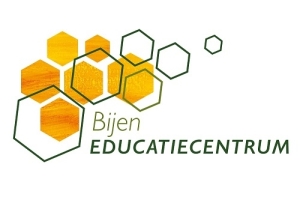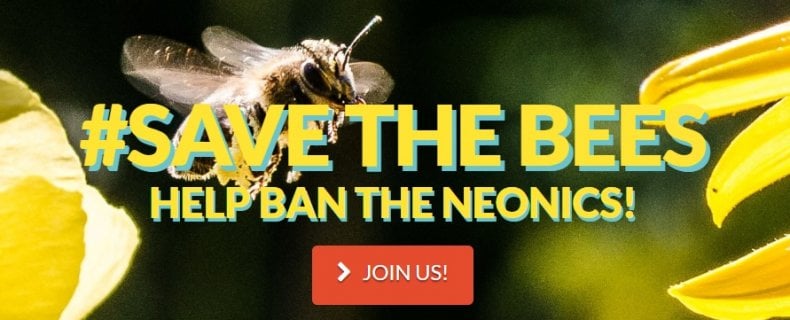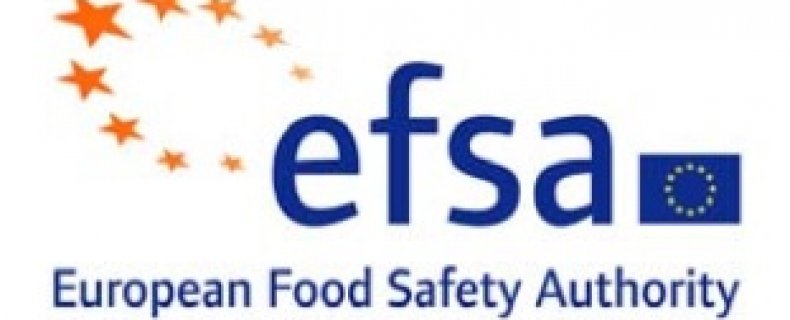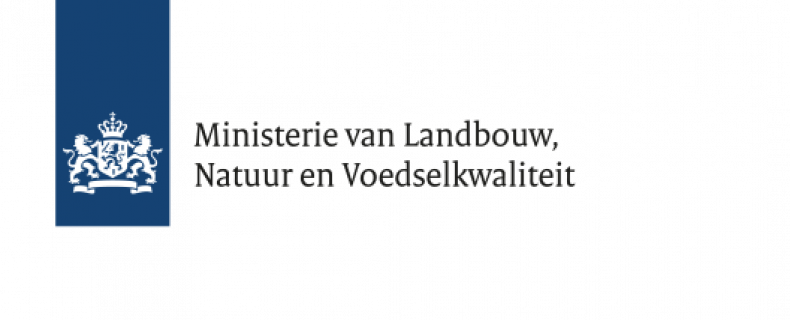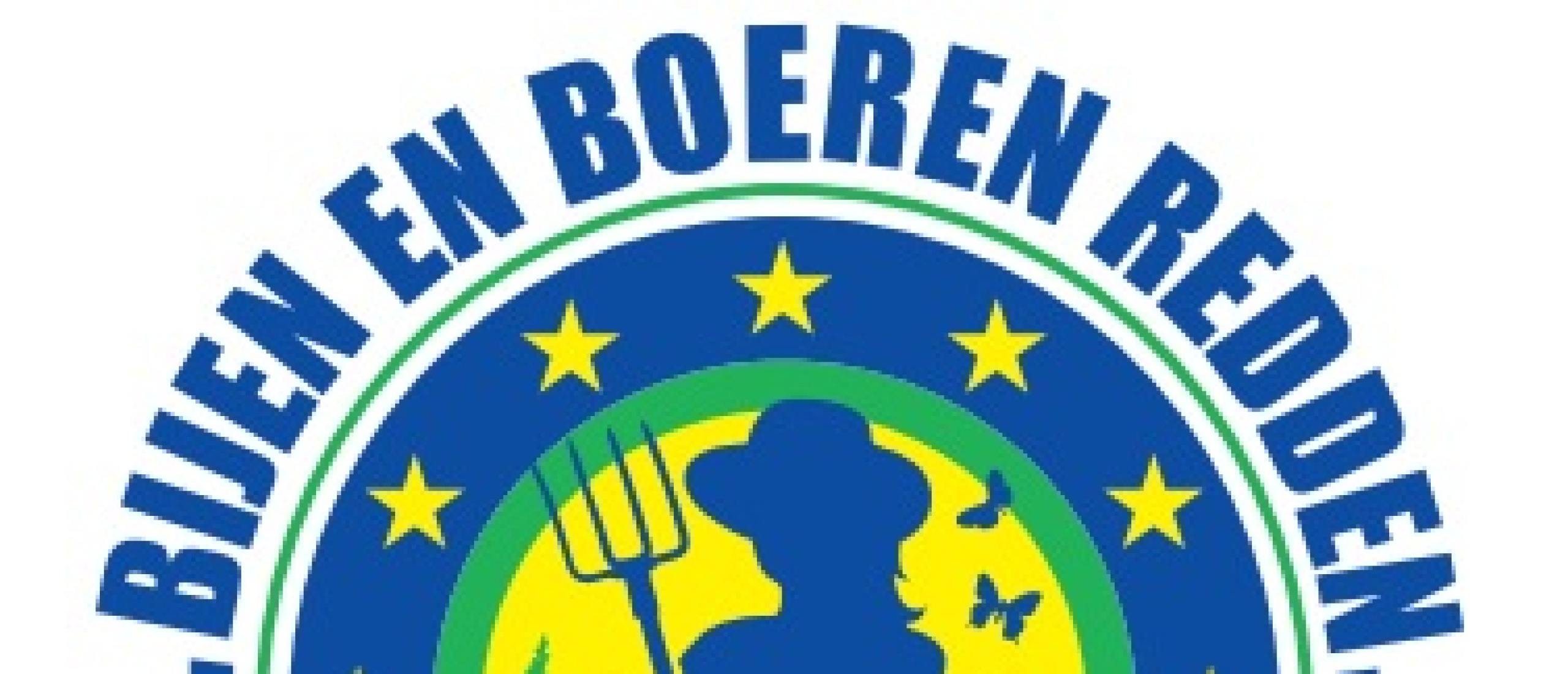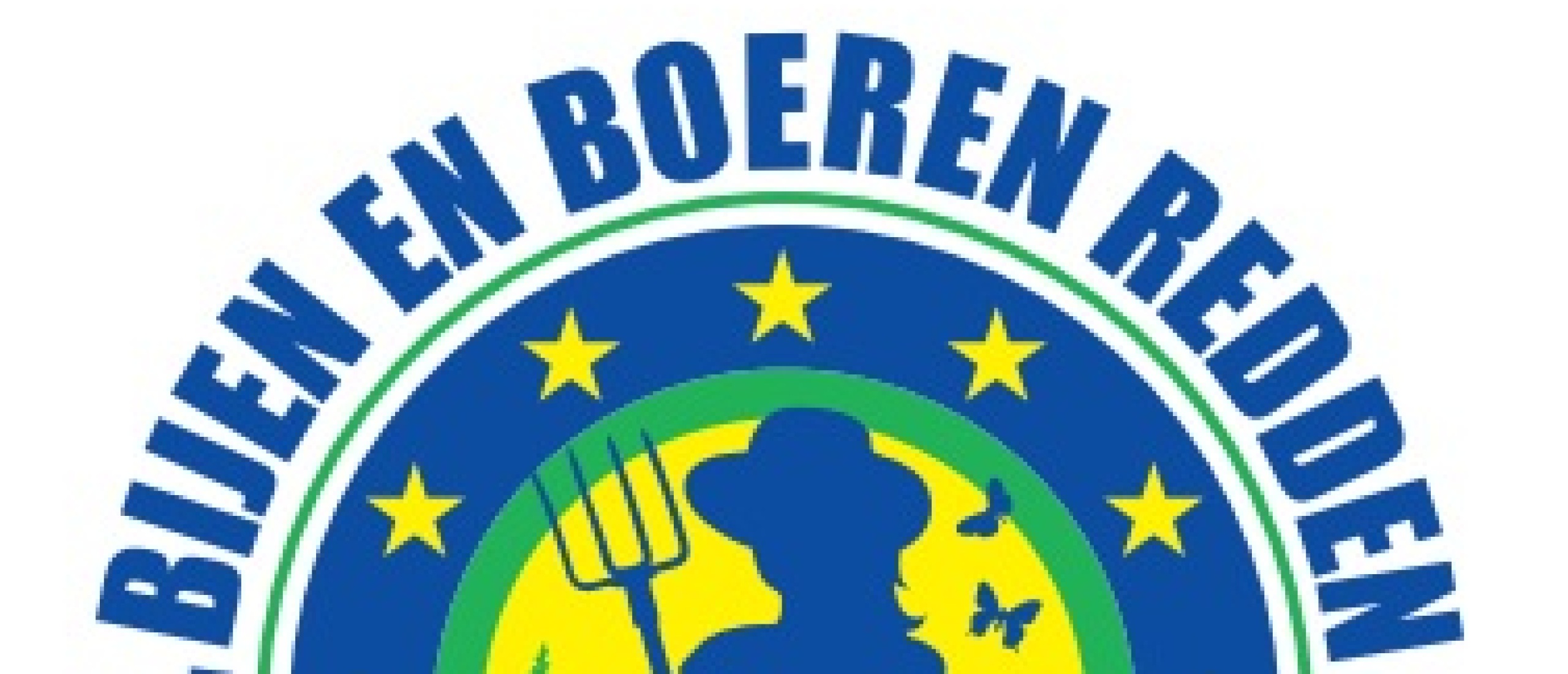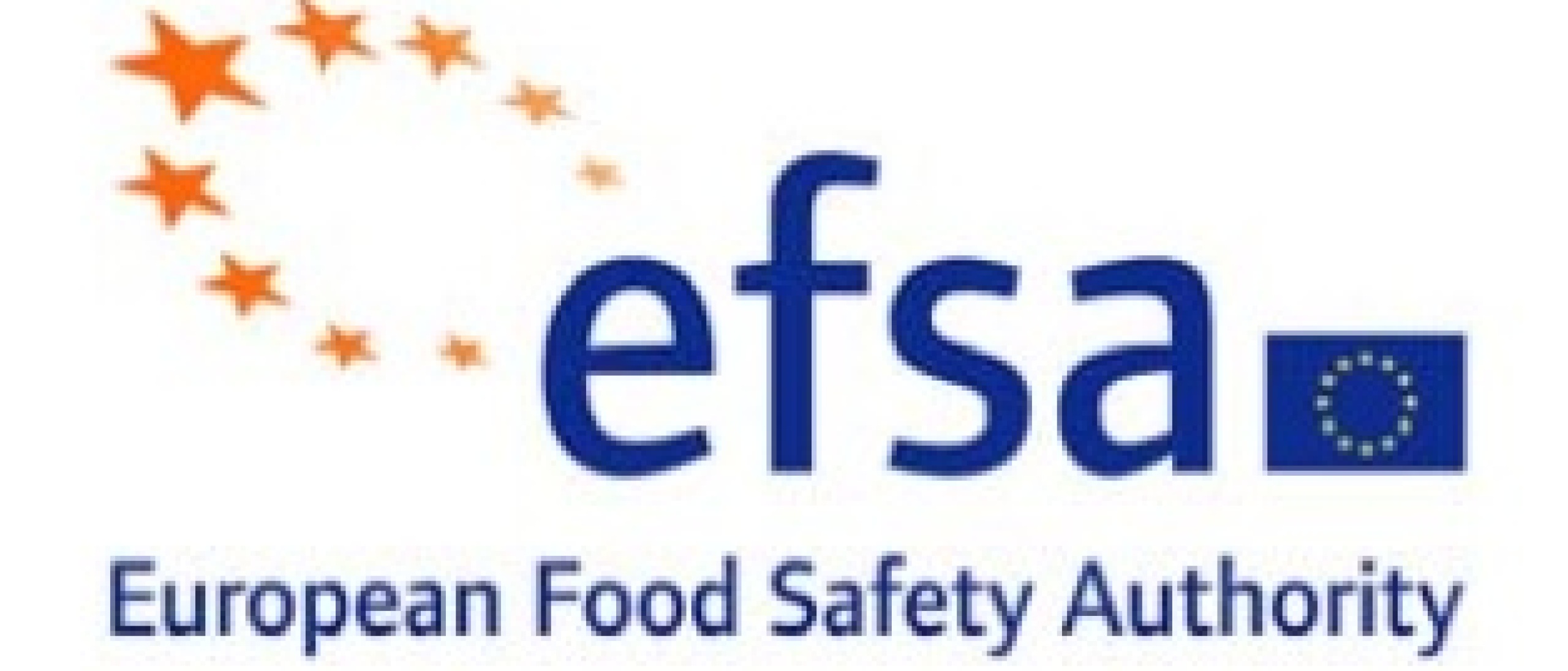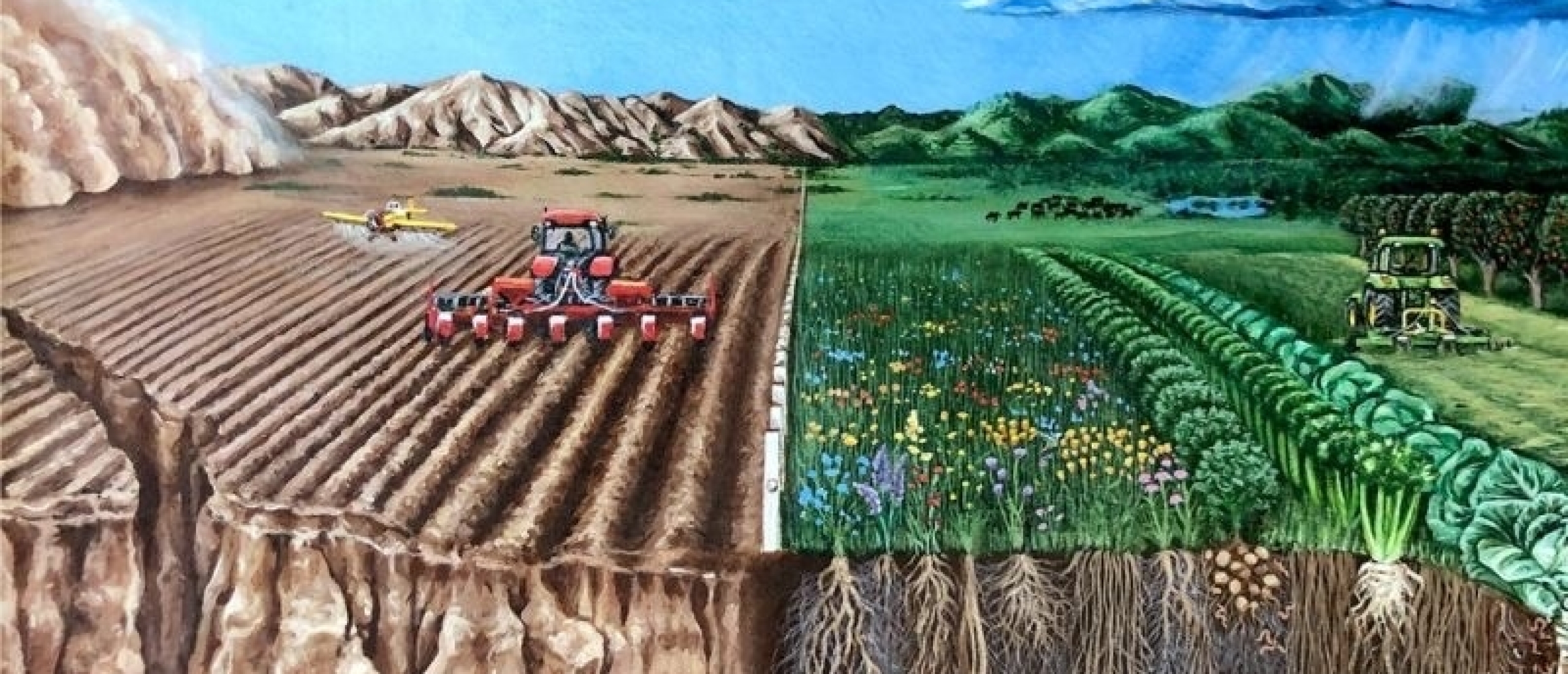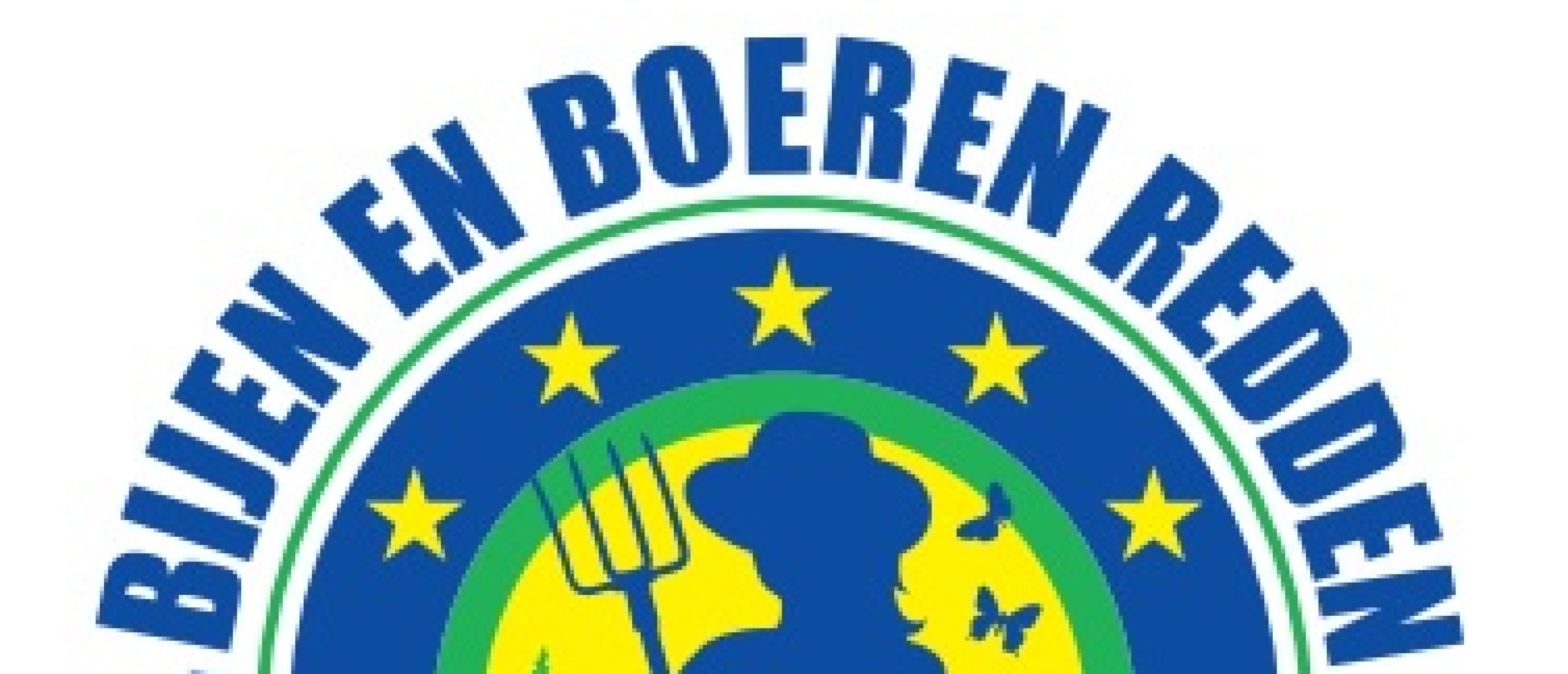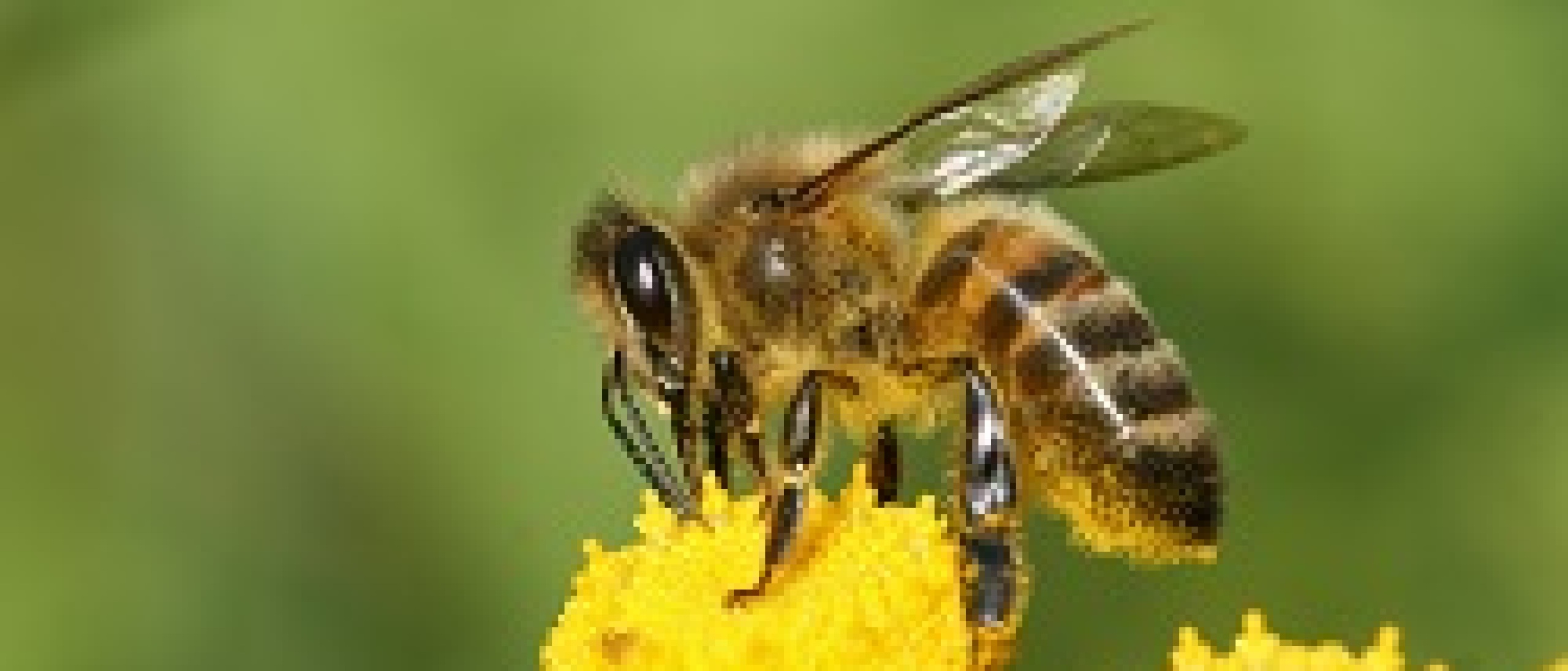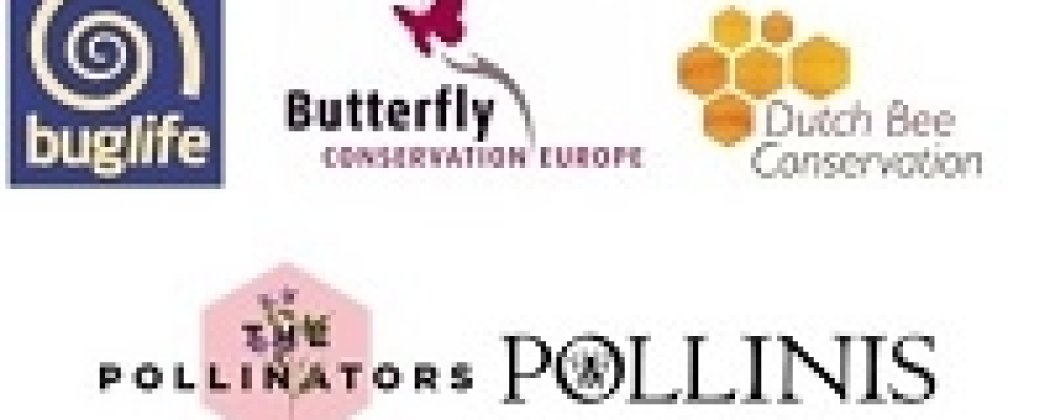
Mooie woorden, maar onvoldoende actie van de EU om achteruitgang insecten te stoppen
De Bijenstichting is één van de mede tekenaars van de brief aan de EU met aanbevelingen om uitsterving van o.a. bijen een halt toe te roepen. De huidige plannen zijn onvoldoende. De hele (Engelstalige) brief is hier te lezen.
Fine words, but insufficient action – Audit judges EU’s efforts to halt insectinction as failing.
On Thursday 9 July 2020, the European Court of Auditors (ECA) will publish the Special Report “Protection of wild pollinators in the EU: Commission initiatives have not borne fruit”.
It is expected that despite the good intentions and fine words from the Commission the ECA will conclude that there has been insufficient progress on the key factors that are causing the decline of bees and other pollinators. In particular:
- There has been a deadlock between EU institutions on making the pesticide approval process pollinator friendly, the process being stuck on first base with Member States blocking the protection even of wild bees, and the European Commission failing to push through regulations to bring the EU into compliance with its own laws, despite a motion from the European Parliament in October 2019 urging strong action. The secretive process for making pesticide decisions has already been described as “maladministration” by the European Ombudsman and is now subject to a legal challenge from French NGO Pollinis.
- The Common Agricultural Policy has not committed sufficient resource or impetus to improve agricultural habitats and restore and reconnect high nature value grasslands.
- The European Commission (EC) has failed to properly resource the Pollinator Initiative which depends on a single officer to coordinate the delivery of 31 EU wide actions.
There has been good work by the EC, for instance the publication of new guidance for local authorities https://www.iucn.org/sites/dev/files/local_authorities_guidance_document_en_compressed.pdf and importantly the development of an EU wide pollinator monitoring scheme remains on track, but there has been slippage on several actions and some, such as the development of a pollinator friendly Ecolabel for plants, have been put on hold.
The recently published EU Biodiversity Strategy has committed the EU to reverse the decline in pollinators by 2030, but there is still no indication that the resources needed to achieve this, and other actions such as a 50% reduction in pesticide harm to bees, will materialise.
“The decline in bees and other insects across the EU is dreadful and must be rectified, while we welcome the target to reverse the declines in pollinators, the resources must now follow the words so that we restore the environment to state where the little animals can again thrive” Matt Shardlow CEO Buglife.
“A large financial commitment to the protection of pollinators is more than justified from an economic point of view, since the economy in the Netherlands alone depends for EUR 28 billion on the ecosystem service animal pollination of bees and other insects.” Jaap Molenaar, Dutch Bee Conservation.
“Scientific data draws attention to the dangerous decline of pollinators: we are witnessing an ecological catastrophe that threatens the fragile balance in nature as well as our food security. We, the citizens of the EU, demand that the EU institutions act urgently to stop insect extinction and to guarantee the adequacy and transparency of the decision-making process concerning pesticides” Nicolas Laarman, Managing Director of POLLINIS.
‘Pan European monitoring clearly demonstrates that butterflies are in decline, with for example, numbers of grassland butterflies declining by nearly 40% in the last 28 years. We urgently need monitoring schemes in place across the EU to assess how the abundance of bees and other pollinating insects is changing.’ Dr Sam Ellis, Chair of Butterfly Conservation Europe
European invertebrate conservation NGOs want:
- the immediate allocation of significant new resources to develop, manage and deliver a much more substantial Pollinator Initiative from December 2020, including the development of new costed actions to address light pollution, nitrate pollution and a commitment to resource these actions and outstanding actions such as implementing species action plans and an Ecolabel for the trade in potted plants.
- the implementation of pesticide approval bee protection measures, a transparent decision-making process for pesticide approval and the addition of protective tests for other beneficial insects such as hoverflies and ground beetles;
- funding of €10 million made available in 2021 to help Member States to implement national pollinator monitoring schemes; and
- all CAP Strategic Plans, across the EU, to recognise the need to restore pollinator populations and fund measures to help farmers protect, restore and sustainably manage the semi natural grassland habitats on which they depend.
On behalf of:
- Buglife – The Invertebrate Conservation Trust – buglife.org.uk
- Butterfly Conservation Europe – https://www.vlinderstichting.nl/butterfly-conservation-europe/
- Dutch Bee Conservation (Bijenstichting) – https://bijenstichting.nl/
- The Pollinators – https://www.thepollinators.org/
- Pollinis – https://www.pollinis.org/
Notes for Editors
The European Court of Auditors mission is to contribute to improving EU financial management, promote accountability and transparency, and act as the independent guardian of the financial interests of the citizens of the Union. The ECA’s role as the EU’s independent external auditor is to check that EU funds are correctly accounted for, are raised and spent in accordance with the relevant rules and regulations and have achieved value for money.
In June 2018 the EC published the EU Pollinator Initiative https://ec.europa.eu/environment/nature/conservation/species/pollinators/documents/EU_pollinators_initiative.pdf . Particularly welcome was the commitment to introduce an EU wide pollinator monitoring scheme, as well as commitments to:
- improve protection from pesticides by implementing the EFSA Bee Risk Assessment Guidance (which was, and still is, being blocked by Member States),
- develop a list of habitats important for pollinators, and assess their condition.
- produce an European Red List of hoverflies,
- pilot using honey to monitor pesticides in the environment,
- promote native plant species and pollinator conservation in the public and private sectors,
- introduce species action plans for threatened pollinators, and
- develop an ecolabel for pot plants that supports pollinator conservation.
The EP parliament rejected the inadequate European Commission proposals to improve the protection of bees from pesticides in October 2019 – https://www.europarl.europa.eu/news/en/press-room/20191017IPR64573/meps-block-member-states-move-to-weaken-bee-protection-from-pesticides. On the 17th March Pascal Canfin MEP, Chair of ENVI, wrote to Health and Food Safety Commissioner Stella Kyriakides in terse tones stating that “a modification of the bee guidance by 2021 is considered as too late and not sufficient” and the Parliament expects the Commission to present a new proposal in line with the Parliament’s request.
In December 2019 the EU Parliament passed a wide-ranging resolution setting out improvements they would like the Commission to make to the Pollinator Initiative. https://www.europarl.europa.eu/doceo/document/TA-9-2019-0104_EN.html
In May the EC produced a new EU 2030 Biodiversity Strategy https://eur-lex.europa.eu/legal-content/EN/TXT/?qid=1590574123338&uri=CELEX%3A52020DC0380
which addressed a number of the requests made by the European Parliament in their pollinator motion. The new Biodiversity Strategy includes commitments to:
- introduce legally binding targets for nature restoration,
- achieve massive 50% reductions in pesticide use and pesticide harm,
- put 30% of both land and sea into protected areas for wildlife,
- make 10% of the continent strictly protected for wildlife, and
- reverse the decline in pollinators by 2030.
“No Insectinction”
This is Buglife’s campaign to take action to reverse insect decline – find out more about the other measures that we need to take to make room for insects, to make those spaces safe, and to develop a better relationship with insects – https://www.buglife.org.uk/campaigns/no-insectinction/
